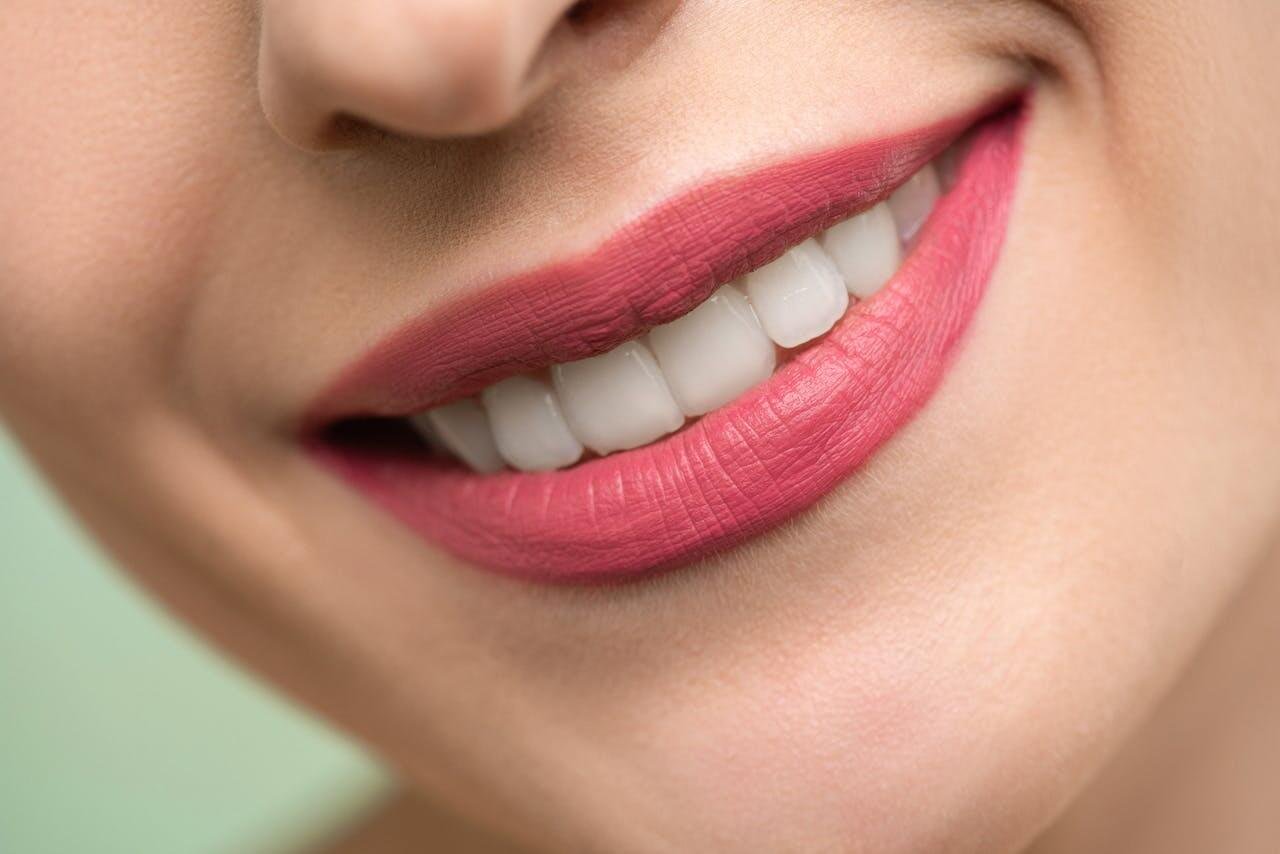A bright, confident smile is more than just an aesthetic asset; it’s a reflection of good dental health, an essential component of your overall well-being. Maintaining healthy teeth and gums goes beyond just a beautiful smile – it’s integral to your general health and can even boost your self-esteem.
In this article, we’ll explore eight key elements that are crucial for optimal dental health, each playing a vital role in keeping your smile radiant and healthy. These include regular practices like brushing and flossing, dietary considerations, and understanding more complex procedures like oral surgery.
Get ready to dive into a comprehensive guide that will help you achieve and maintain a dazzling smile.
Regular Dental Checkups
Regular dental checkups are fundamental to maintaining good oral health and a bright smile. These visits allow your dentist to conduct thorough examinations for early detection of potential problems like cavities, gum disease, or even oral cancer.
Early detection often means easier and less invasive treatments. Dental checkups also include professional cleanings that remove plaque and tartar buildup, which are difficult to eliminate with regular brushing and flossing alone.
Proper Brushing Technique
Brushing your teeth correctly is crucial for maintaining dental health. Use a soft-bristled brush and fluoride toothpaste, and brush for at least two minutes, twice a day. Ensure you cover all surfaces – the outer, inner, and chewing sides of each tooth. Use gentle, circular motions to avoid harming your gums.
Don’t forget to brush your tongue too, as it can harbor bacteria. Proper brushing removes plaque, a sticky film of bacteria that can lead to tooth decay and gum disease. Regular and correct brushing not only keeps your teeth clean but also contributes significantly to fresher breath and a healthier mouth.
The Role of Flossing
Flossing plays a vital role in oral hygiene, complementing the brushing process. While brushing cleans the surfaces of the teeth, flossing removes food particles and plaque from between the teeth and under the gumline, areas where a toothbrush can’t reach. Flossing at least once a day helps to prevent gum disease and cavities by eliminating the plaque that forms along the gumline and between teeth.
It’s important to use a gentle sawing motion and to curve the floss around each tooth to ensure a thorough clean. Incorporating flossing into your daily routine is essential for a comprehensive dental care regimen, aiding in the maintenance of overall oral health.
Understanding Oral Surgery
Oral surgery refers to various surgical procedures conducted in and around the mouth and jaw, often by specialized dental professionals. It can be necessary for reasons such as impacted wisdom teeth removal, dental implants for replacing missing teeth, corrective jaw surgery, and advanced gum treatment. Oral surgery is also employed in root canal treatments and periodontal disease management.
These procedures play a crucial role in addressing dental issues that cannot be resolved through standard dental care. They help in alleviating pain, preventing further oral health deterioration, and restoring functionality. Understanding when and why such interventions are needed is key to maintaining comprehensive dental health.
Importance of a Balanced Diet
A balanced diet is essential for maintaining healthy teeth and gums. Nutrient-rich foods, particularly those high in calcium and phosphorus, can help strengthen your teeth. Dairy products, leafy greens, and nuts are excellent choices. Foods high in fiber, like fruits and vegetables, stimulate saliva flow, which helps protect against cavities and gum disease.
Avoiding Harmful Habits
Certain lifestyle habits, notably smoking and excessive alcohol consumption, can have detrimental effects on oral health. Smoking can lead to tooth staining, gum disease, tooth loss, and in more severe cases, oral cancer. It also impairs the mouth’s ability to heal, complicating dental procedures.
Excessive alcohol consumption can erode the enamel on your teeth, increase the risk of oral cancer and affect saliva production, leading to a dryer mouth, which may increase the risk of decay. Quitting smoking and moderating alcohol intake are crucial steps towards maintaining a healthy mouth and a brighter smile.
Using Mouthwash Effectively
Incorporating mouthwash into your dental hygiene routine can offer several benefits. Mouthwash can reach areas of the mouth that brushing and flossing might miss, helping to reduce the risk of cavities and gum disease. It can also help to remove debris and food particles. Many mouthwashes contain fluoride, which strengthens tooth enamel and fights decay.
Managing Teeth Grinding
Bruxism, or teeth grinding, often occurs unconsciously, especially at night. Symptoms include jaw soreness, headaches, and worn tooth enamel. To manage bruxism, consider using a mouth guard, practicing stress-relief techniques, and avoiding hard foods. Consulting with a dentist is crucial for appropriate interventions and to prevent further dental damage.
Recap
Maintaining dental health involves a combination of good habits and expert help. Prioritize these elements to ensure a healthier, brighter smile. Remember, your oral health is a vital part of your overall wellness, so give it the attention it deserves.

